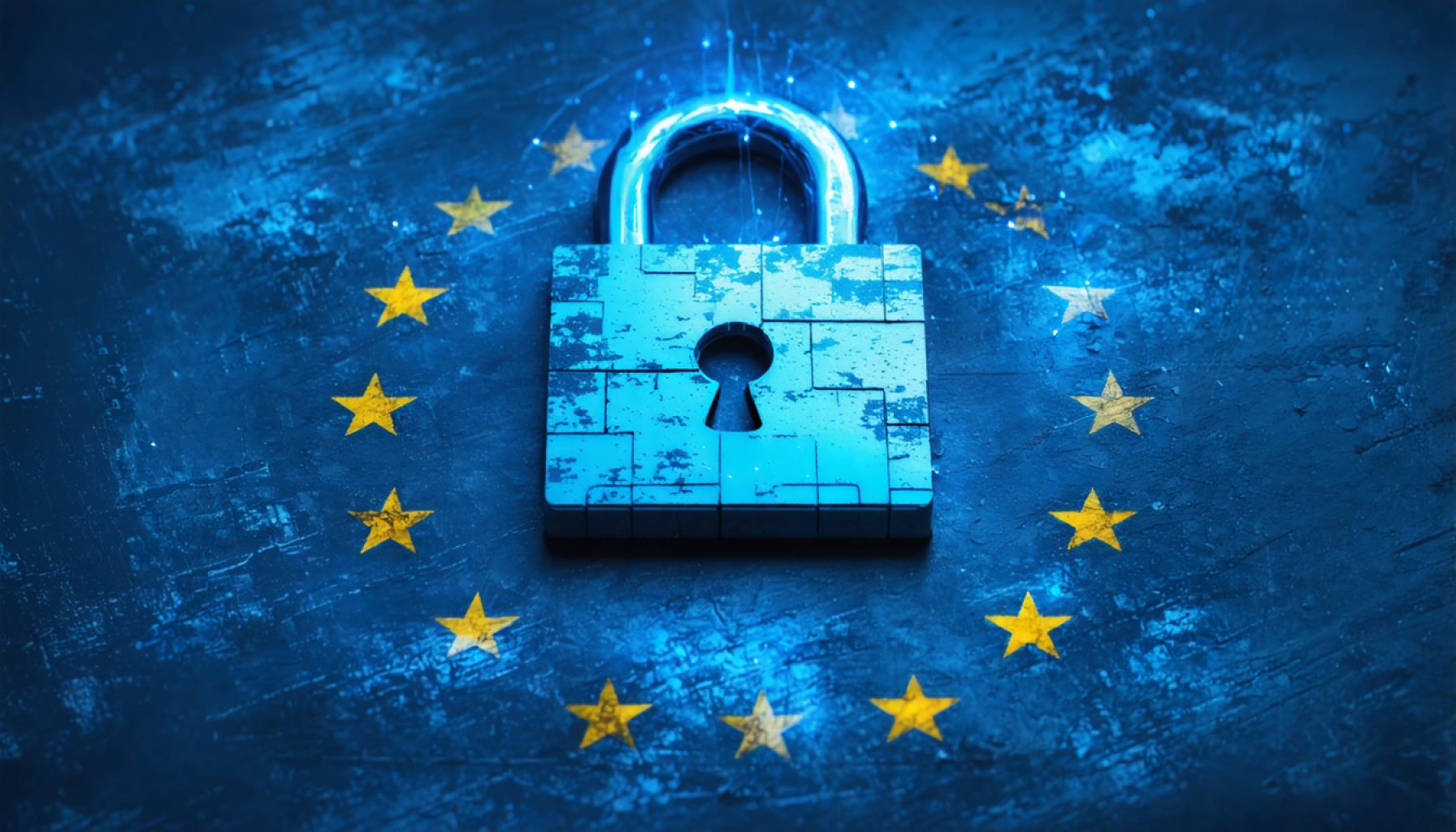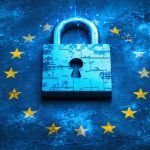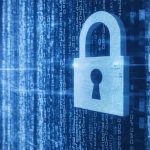
The Great Encryption Debate: EU’s Latest Challenge in Balancing Privacy and Security
- The EU is grappling with balancing citizen privacy rights with law enforcement’s security demands, focusing on the challenge posed by VPNs and end-to-end encryption.
- VPNs, which protect user privacy by hiding locations and securing interactions, are viewed as barriers to criminal investigations due to their capacity to obscure critical metadata.
- The High-Level Group emphasizes the need for law enforcement to adapt to evolving technologies while acknowledging encryption’s essential role in cybersecurity.
- Striking a balance between allowing data access for law enforcement and maintaining privacy is complex, especially with privacy-focused services like no-log VPNs.
- The ongoing debate highlights the EU’s challenge in crafting laws that protect privacy without compromising security, setting a precedent for global data privacy practices.
The European Union is navigating choppy waters as it attempts to strike a balance between the privacy rights of its citizens and the relentless demand for security by law enforcement. For the first time, the EU’s High-Level Group (HLG) has spotlighted Virtual Private Networks (VPNs) as a significant hurdle to investigative efforts, echoing their long-standing concerns about end-to-end encryption. This development has ignited a debate that reads like a high-stakes chess game, where each move could alter the delicate equilibrium between privacy and surveillance.
The very tools designed to protect individual privacy are now seen as obstacles to criminal investigations. VPNs, lauded for their ability to cloak user locations and secure online interactions, are now identified as “key challenges” for law enforcement agencies. The HLG report, delivered in the wake of their task to devise strategies for data access, emphasizes the necessity for law enforcement to adapt to these evolving technologies.
EU strategists argue that metadata—a digital breadcrumb trail including who sent a message, who received it, and when—must remain accessible for effective law enforcement. VPNs complicate this process by obscuring critical identifiers, casting a shadow over investigative processes.
Yet, a silver lining exists within this digital storm cloud: the recognition of the need to balance surveillance with the preservation of fundamental rights. The HLG report acknowledges the indispensable role encryption plays in safeguarding against cyber threats and preserving cybersecurity. Calls from the cryptography community stress that encryption is an all-or-nothing entity. A backdoor in an encrypted system could dismantle its integrity, rendering it a pointless measure.
The broader implication lies in finding a harmonized legal framework that allows for data accessibility without encroaching on privacy. This is no simple feat, as many privacy-focused services, such as no-log VPNs, fundamentally oppose data retention. Such policies are a cornerstone of their commitment to user privacy.
This evolving discourse not only highlights the growing pains of adapting law enforcement to technology, but also underscores a critical need for innovation that does not undermine the very essence of digital security. How EU lawmakers navigate this complex landscape will be a testament to their ability to uphold privacy while ensuring security—and will likely set a precedent for global data privacy practices.
As we stand at this crossroads, the conversation continues—a testament to the enduring tug-of-war between privacy and security, transparency and anonymity. The road ahead is fraught with challenges but also ripe with opportunities for creating a more secure yet free digital world.
Unveiling the EU’s Privacy vs. Security Debate: How VPNs Impact Law Enforcement
The European Union is facing a critical challenge in balancing the privacy rights of its citizens with the security needs of law enforcement agencies. The introduction of Virtual Private Networks (VPNs) has been identified as a significant hurdle in criminal investigations, adding another dimension to this complex issue. This debate, spotlighted by the EU’s High-Level Group (HLG), raises essential questions about the future of privacy and security in the digital age. Let’s explore various facets of this debate, including insights, predictions, and actionable recommendations.
Understanding VPNs and Their Impact on Law Enforcement
VPNs provide a secure means for users to protect their privacy by encrypting internet traffic and disguising their online presence. While these tools enhance personal privacy, they pose a challenge to law enforcement agencies that rely on digital trails to investigate criminal activities. By obscuring user locations and interactions, VPNs complicate access to crucial metadata necessary for effective policing.
Key Features and Challenges of VPNs:
1. Encryption: VPNs encrypt internet traffic, making it nearly impossible for unauthorized parties to intercept or decipher data.
2. Anonymity: Users can disguise their IP addresses, which protects against tracking but also hides potential suspect activities.
3. No-Log Policies: Many VPNs promise not to keep logs of user activities, complicating law enforcement’s ability to access data.
4. Jurisdictional Issues: VPN providers often operate in jurisdictions with strict privacy laws, limiting access to data.
Balancing Act: Privacy vs. Security
The EU’s commitment to upholding privacy rights is juxtaposed with the need to adapt law enforcement strategies to new technologies. This scenario requires a nuanced approach:
Strategies for Harmonization:
– Legal Frameworks: Developing a harmonized legal framework is crucial for allowing data access without infringing on privacy rights.
– Public-Private Partnerships: Encouraging collaboration between government bodies and tech companies can foster innovative solutions.
– Technology Adaptation: Law enforcement must invest in technologies that can adapt to or work around privacy measures without compromising them.
Insights & Predictions
With privacy tools growing more sophisticated, the EU’s approach to this dilemma will likely set a global precedent:
– Increased Regulation: Expect potential regulatory measures targeting VPNs while protecting their role in cybersecurity.
– Legislative Innovations: New legislation may emerge focusing on metadata access without compromising encryption integrity.
– Global Influence: EU strategies will influence international conversations on privacy and security.
Actionable Recommendations
For users and stakeholders navigating this landscape, consider these tips:
– Choose Reputable VPNs: Select VPNs with transparent privacy policies and robust security features.
– Stay Informed: Keep up-to-date with EU regulations and how they might impact your privacy tools.
– Engage in Advocacy: Support organizations dedicated to privacy rights, contributing to a balanced dialogue on security and privacy.
Related Links
– Discover more about the European Union’s digital policies: European Union
– Learn about the role of VPNs in protecting your online privacy: NordVPN
– Explore the latest in cybersecurity trends: Kaspersky
In conclusion, as the EU navigates the challenging terrain between privacy and security, the need for a thoughtful and innovative approach is clear. Balancing these crucial elements will ensure a free yet secure digital world, fostering trust in the digital age.















